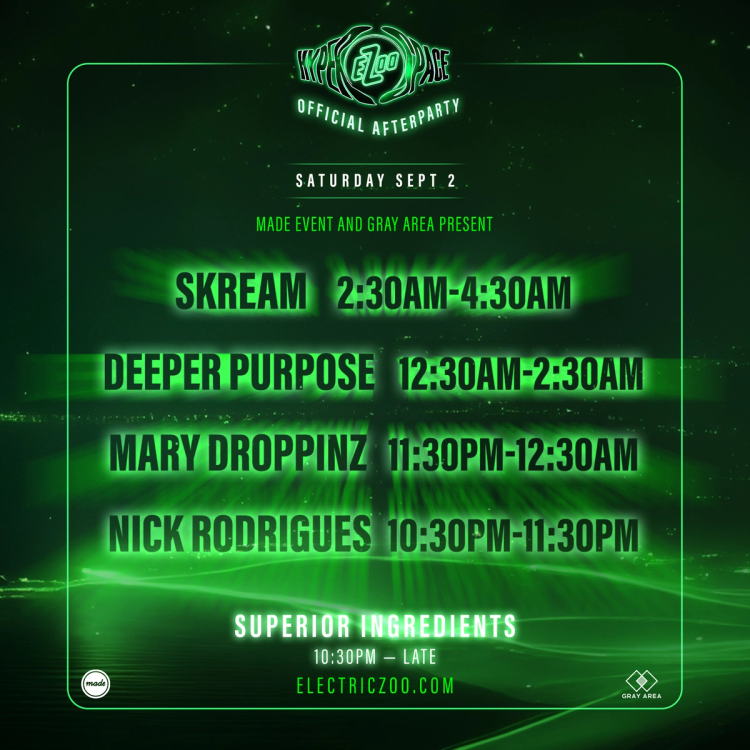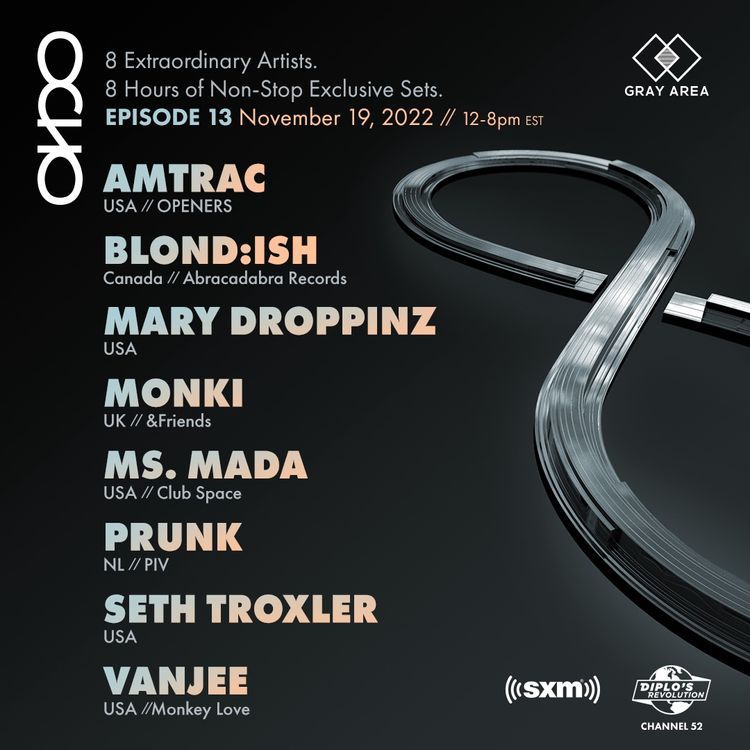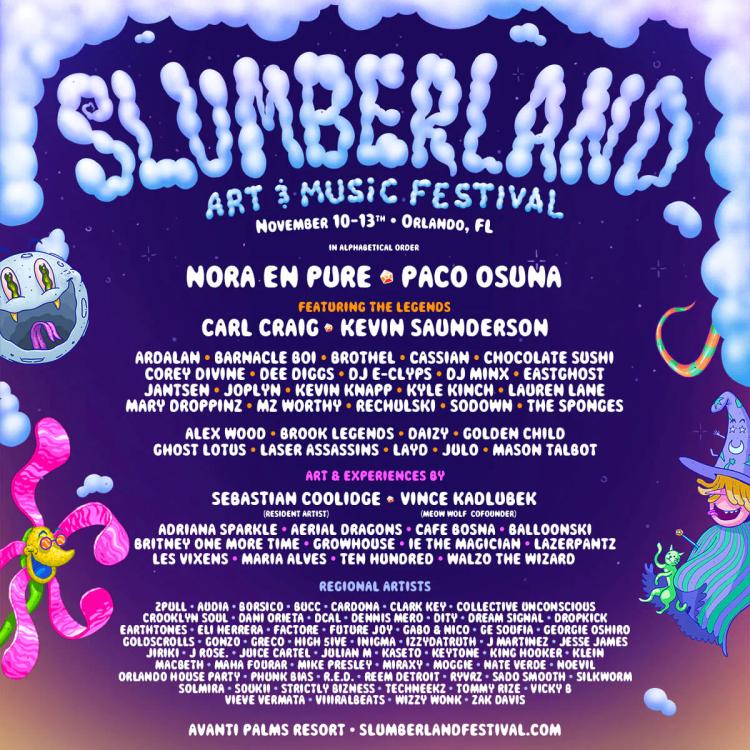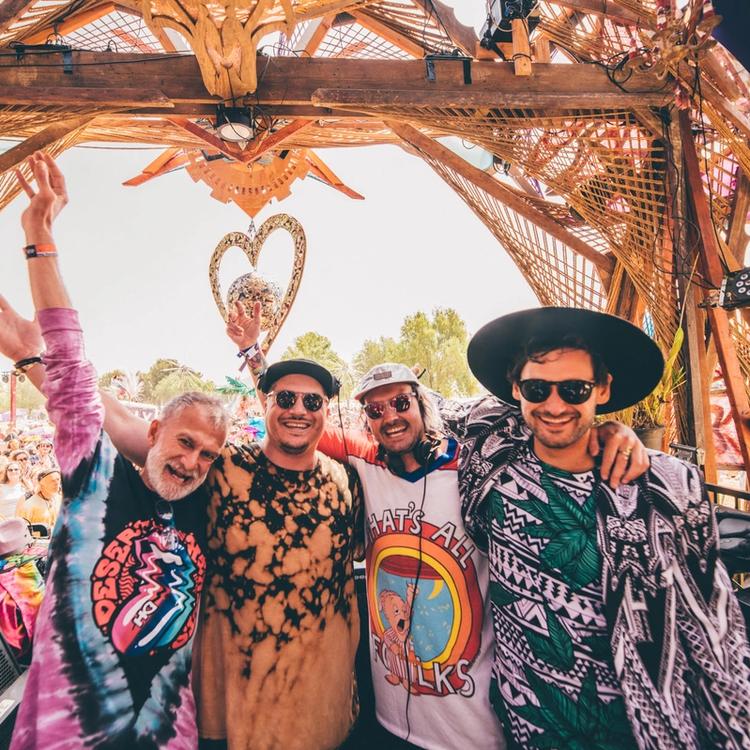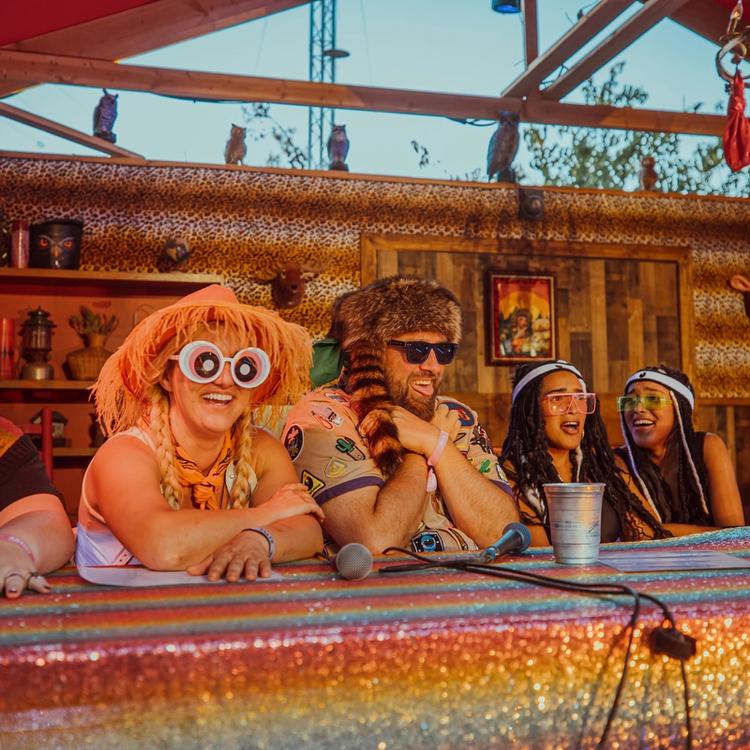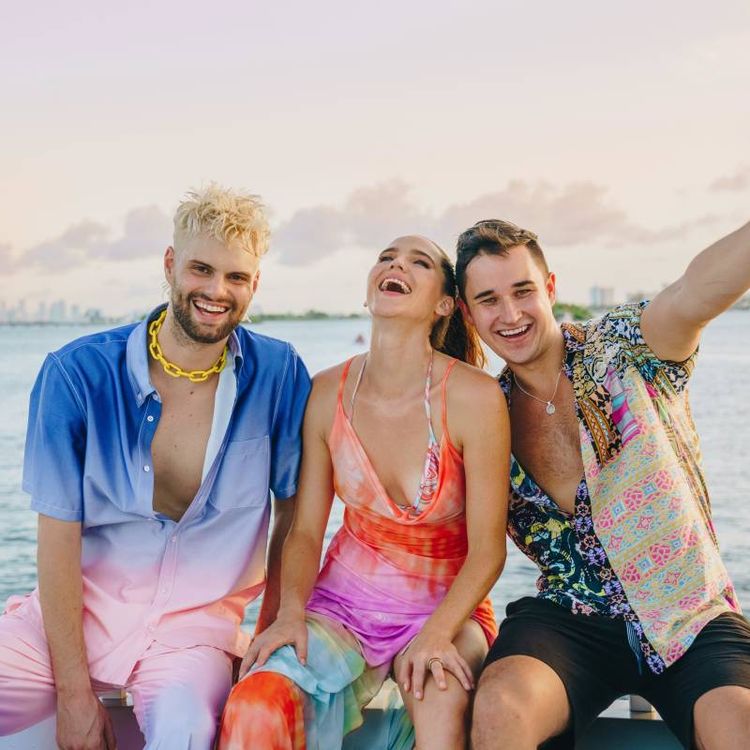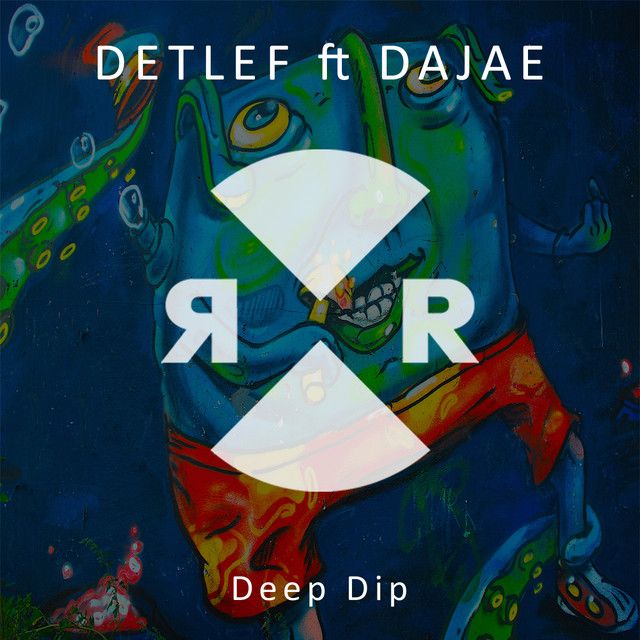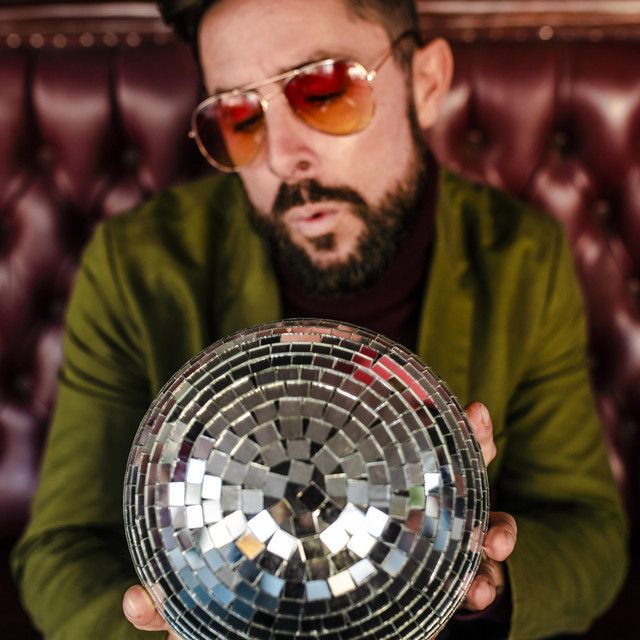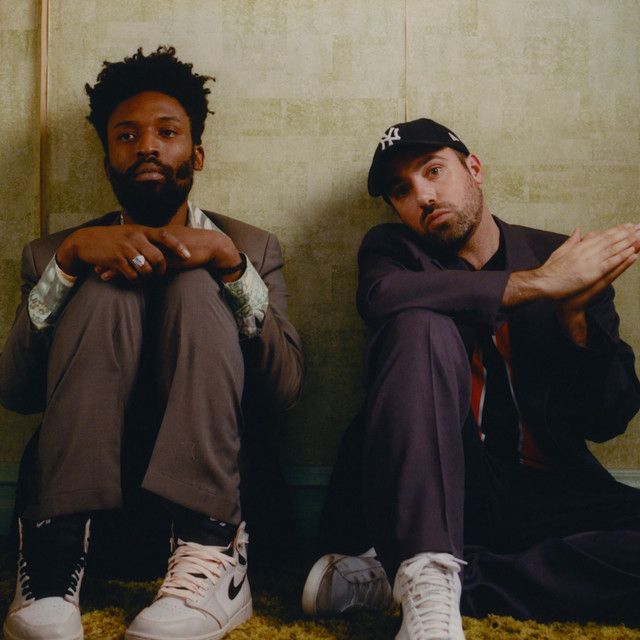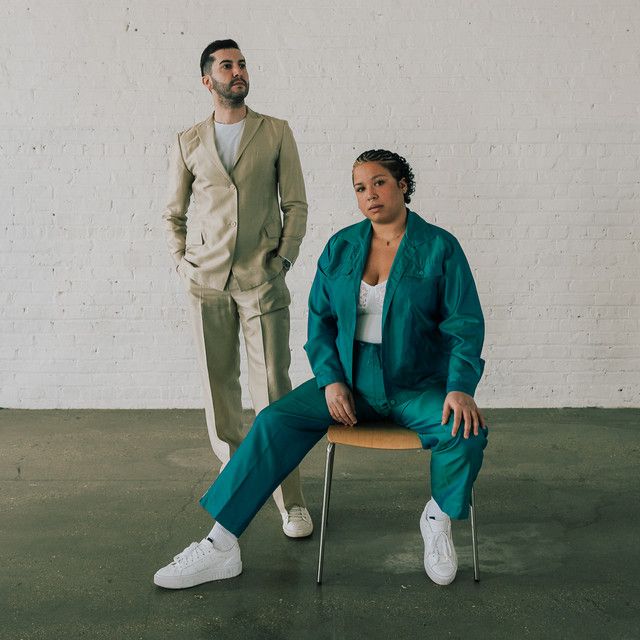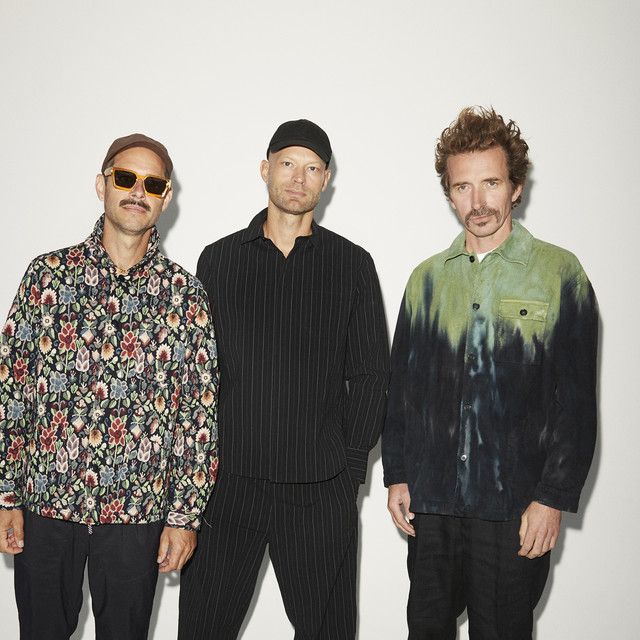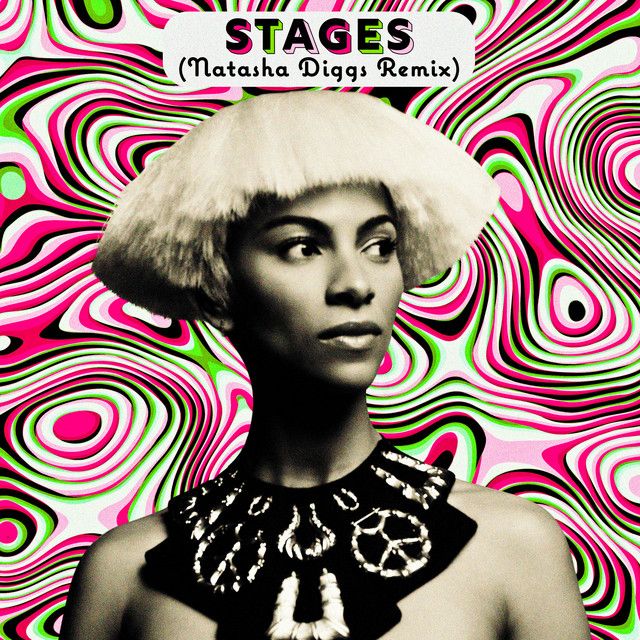Artist Spotlight
Mary Droppinz, aka Alyssa Johnson, understands the power of faith in herself. The LA-based producer and DJ captured the attention of dance music fans because of her infectious positivity, unsurpassed skills on the decks, and a sound that seamlessly blends house, techno, and breakbeat electro. The latter is one of dance music's least represented but most impactful genres. And Johnson hopes that as a champion of nasty acid growls and rumbling 808 bass, she can help diversify the sound of the dance floor and the people who make the noises that keep the crowd hyped. Before she fell in love with dance music, she was an emo kid from Nebraska. Her dad, an amateur drummer, instilled a passion for the classics. As a result, she grew up on a diet of Pink Floyd, the Doors, and late afternoon drum sessions banging from the basement. "He wasn't a professional drummer, he would do it after work every day. Come home and just go down [and] start drumming," she reminisces. "So, I was used to the flow of having a little music practice at the end of the day. And so that's just kind of like where it all began." She credits her love of emo-rock for opening her heart enough to accept dance music as her singular passion. She explains that while emo does not sound like dance music, the ethos and feeling are united. "That style of music, it takes you away. You can escape reality for a bit. And it's head banging. It just takes you out of your body. And in a sense, it's emotional and passionate." When she moved to California from Nebraska with her former partner, she was inaugurated into the underground scene of Southern California at a steak house in Orange County. The bizarre locations, passionately connected community, and peak dancefloor experiences of the rave scene made an indelible mark on her soul. And there was no turning back. "Everything clicked. I was like, What the heck is this kind of music? This is what I've been looking for. I had no idea." Like other ravers who made it their life's work, she was quickly hooked. "I went to Coachella every year and Desert Hearts and started going to festivals. And that's when it was just like, this is what I want to do for my life." Inspired by her dad's daily drum sessions, she started her own routine. She came home each day from her ad agency job, powered up her laptop, and emersed herself in becoming an expert in digital DJing. The budding bedroom DJ continued to explore the laser-lit recesses of the underground. And in the process discovered a community of house heads at her job. They helped give her growing love for dance music context in the local scene. Finally, she started to feel at home in LA and had a rave crew showing her the ropes. But life in the ad world wasn't cutting it anymore. She wanted to do something that she cared about. "Ultimately, I was sitting there at my job and just feeling so unfulfilled," she says. She was tired of advertising products she didn't use or even care about. And she asked herself, "what can I do with the skill set to get more integrated into music?" The universe responded with a job at Native Instruments in marketing. And as she planned and executed events for a company that is one of the most well-known in producer circles, she solidified a network of other passionate creatives. Her journey was far from complete, and she still had another massive leap of faith to endure. She decided to quit her day job to devote herself entirely to music. "I had saved up enough to be able to support myself for the next six months. And so I was like, I'm gonna do this, I'm going all in. And so that was the game plan, but then that all the shows that I had booked, all canceled, and everything shut down." The pandemic kneecapped the industry. Unexpectedly, however, it offered her an immense opportunity to put herself in front of thousands of people stuck at home in front of a screen. "I felt a bit depressed about it." She tells Gray Area. She thought to herself, "I don't know, what's gonna happen, why did I make this decision? Now I don't have a steady income, I have to get on unemployment, I've got to figure something out. it freaked me out at first, but then it fueled me." But she realized she had immense opportunity to help change people's worldview. "I realized, why I'm doing this. I'm doing this to give love and to help heal people through music. To share my passion with everybody and make people smile." Throughout the pandemic, she dominated Twitch streams, appearing on the most prominent channels like Insomniac, Desert Hearts, and Dirtybird. And despite the physical distance of streaming, she found herself connecting with her audience in more profound ways. When people wondered how she could make lasting connections through a screen, she told them," We grew up in a digital age. I know when you are being passive-aggressive when texting me, I can tell the vibe that I put out and what they're feeling by their messages on chat. "And so I just really honed in on that. Going out now in the real world, and DJing again, it's been super rewarding running into a lot of the community that I built online." Her goal to spread joy was successful in the most pivotal time. Become a Gray Area member for access to exclusive perks! "Them saying 'You saved me during 2020. I had nothing to do and nothing to look forward to. But every day like you came on and you brought vibes and music, and energy.'" And she says that "You just got to make what you can out of it and always remember what your intentions are with doing this." It also led her down a path to a new sound. LA is a house music city. But Johnson knew that with the breadth of dance music, other sounds could move dance floors. And she found a home in one of the most storied and influential genres, electro breakbeat. It's the sound that in the 80s gave birth to dozens of classics like "Planet Rock" by Afrika Bambaata and the Soulsonc Force, "I Need A Freak" by Egyptian Lover, and "Jam On It" by Newcleus. Establishing a fan base during the pandemic allowed her the leverage to implore promoters to look outside of the tech house bro scene and book her for her sound. And she gets to provide a valuable service to the dance floor in the process. Johnson is one of the many women in dance music that is helping shift the conversation and move the needle for more diverse lineups. Her work with Desert Hearts allowed her to book more women on lineups, and she's part of LP Giobbi's Femme House collective. In 2022 she'll begin her own DJ course there. "I'm glad that we had that platform to do that, because they actually helped a lot of those women get on the path of their career," she says. "there's obviously main big goals of doing like a femme house festival one day, and if I had the opportunity to curate stages, I absolutely would take it and put on everybody that I can that's that's truly crushing it and and then give them you know, an opportunity to shine that maybe they wouldn't have that because it is, it's tough to get out there really is like, you know, maybe like 5% Get lucky or in their way. But yeah, so anyway, I can help and do that. But it just, it makes me happy to do it."
Overview
Mary Droppinz, a name that aligns with versatility and evolution in the music scene, has quickly become one of the most respected and dynamic DJs and producers in the industry. Her eclectic sound, which effortlessly spans across breaks, bass, UK garage, electro, house, techno, acid, drum and bass, and hip-hop, has set her apart as a trailblazer who refuses to be confined by a single genre.
Born Alyssa Johnson in Omaha, Nebraska, Mary Droppinz’s journey into music was deeply influenced by her father, a skilled drummer. This early exposure to rhythm and percussion ignited her passion for music, which she carried with her to Los Angeles. In LA, she refined her craft at IO Academy, where she developed the technical skills and musical expertise that would later make her one of the most exciting selectors in the U.S.

Mary’s career is marked by a series of significant performances at some of the world’s most prestigious venues and festivals. Over the years, she has graced the stages of EDC Las Vegas, Red Rocks, Amnesia Ibiza, Coachella, Lightning in a Bottle, Mission Ballroom, the Greek Theatre in Berkeley, Brooklyn Mirage, and Desert Hearts. Her ability to grow an audience across these diverse platforms has earned her a residency at Discopussy in Las Vegas and solidified her reputation as a standout act in the dance music world.
Beyond her live performances, Mary Droppinz has made a substantial impact through her production work. Known for her unique blend of breakbeats and bass-driven tracks, she has released multiple EPs on Zeds Dead’s Altered States label and has produced remixes for high-profile artists such as Justin Martin, LP Giobbi, Deekline & FreQNasty, and Joluca. Her music, characterized by its distinctive energy and genre-blending approach, has garnered support from influential figures in the industry, including Skrillex, REZZ, Skream, SOFI TUKKER, Lee Foss, and John Summit.
Mary’s work has been recognized by major media outlets, with features in Forbes, Billboard, EDM.com, Gray Area, and Magnetic Mag. Her tracks have amassed over half a million streams on Spotify, reflecting her growing influence and popularity within the dance music community.

In addition to her achievements as a DJ and producer, Mary Droppinz is dedicated to education and mentorship within the industry. Through her involvement with LP Giobbi’s Femme House, she teaches music production and DJing, helping to nurture the next generation of artists. Her commitment to creating a safe and inclusive environment on the dancefloor, where people can connect with both the music and each other, is central to her mission as an artist.
Mary Droppinz’s ongoing contributions to the community continues to shape the genre’s future, and her influence shows no signs of slowing down. Whether behind the decks or in the studio, she remains a powerful force in the industry, consistently pushing the boundaries of what’s possible in dance music.



